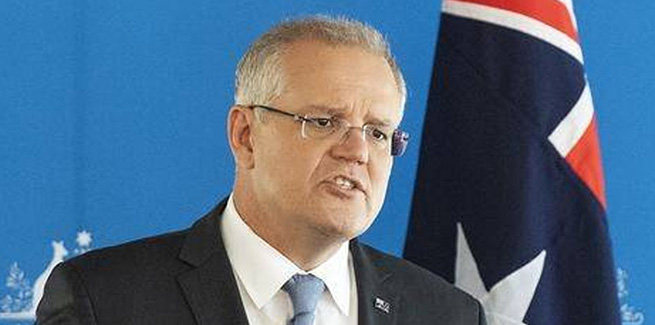According to the Australian Bureau of Statistics’ (ABS) latest Labour Force data, 227,700 Australians lost their jobs between April and May, taking the total to 835,000 jobs lost since lockdown measures were introduced to curb the spread of COVID 19.
As a result, the unemployment rate rose 0.7 percentage points, from a revised 6.4 per cent in April to 7.1 per cent – the highest since October 2001.
The ABS figures also indicate that fewer Australians are actively seeking employment, with the labour participation rate falling from 63.6 per cent to 62.9 per cent.
Reflecting on the figures, ING Economics’ regional head of research, Asia Pacific, Robert Carnell, said policymakers have a mountain to climb, adding that stimulus introduced thus far has not been enough to offset the debilitating impact of lockdown measures.
“The size of the figures [highlights] the difficult job that all governments, not just that of Australia, have in providing an offset to the impacts of lockdowns,” he said.
“Australia’s JobKeeper payment scheme is designed to help protect the most vulnerable jobs during this crisis, but clearly, despite the large sums involved, it has been swamped by the collapse in demand the lockdowns have delivered [and] JobKeeper goes further than a lot of other similar schemes around the world.”
Prime Minister Scott Morrison has acknowledged the severity of the job losses but noted that he was not surprised by the figures.
“This is another very hard day. Thirty-eight months of job creation, gone,” he said.
He continued: “As heart breaking as all of these stories are that are represented in these numbers, the sad truth is, these numbers are not uprising in the circumstances.
“We are very aware of the significant blow that Australians are being hit with through the course of this pandemic.
“This recession will be written in the stories of those experiencing terrible hardship, and these statistics today are a reminder to all, not that we need one, that with all the other noise about whatever else is going on, our task is simple: We must get Australians back into work. We must maintain our focus on them, all 838,000 of them.”
But Mr Morrison said he is expecting job losses to ease over the coming months, in light of the lifting of COVID restrictions in June.
“That is of some comfort that would see some Australians find their way back into employment, but I wouldn’t be seeking to overstate that,” he said.
“There is some comfort that can be taken from the fact that we are making our way back, and we are on the road back, and we are taking steps every single day.”
Mr Carnell is also “hopeful” of a better result in the coming months.
“With lockdowns being eased in some states in May and this continuing in June, in particular with respect to retail opportunities, we would be hopeful that next month might start to see some of these job losses being reversed,” the ING economist added.
However, Mr Carnell noted that the easing of restrictions would be a “cautious process”, acknowledging that while some job gains may be on the way, they will be “limited” and “concentrated” in “lower-paying part-time work”, particularly in the retail sector.
Rates fixed at record lows
Mr Carnell noted that any movement in interest rates would be off the table for at least the medium term, with governor of the Reserve Bank of Australia (RBA) Philip Lowe recently stating that the central bank would not lift the official cash rate “for some years”.
“[Any] increase in rates this year is out of the question, and indeed tightening next year is looking quite improbable too now,” he said.
According to the ING economist, further cuts to the cash rate are also unlikely.
“RBA governor Lowe has suggested that the RBA would not embark down a negative rate route, and we believe he will stick to this,” he said.
“But he might want to casually suggest he has not ruled it out, to help the economy along with a bit of AUD weakness.”
[Related: RBA optimistic amid early COVID relief]
 ;
;
